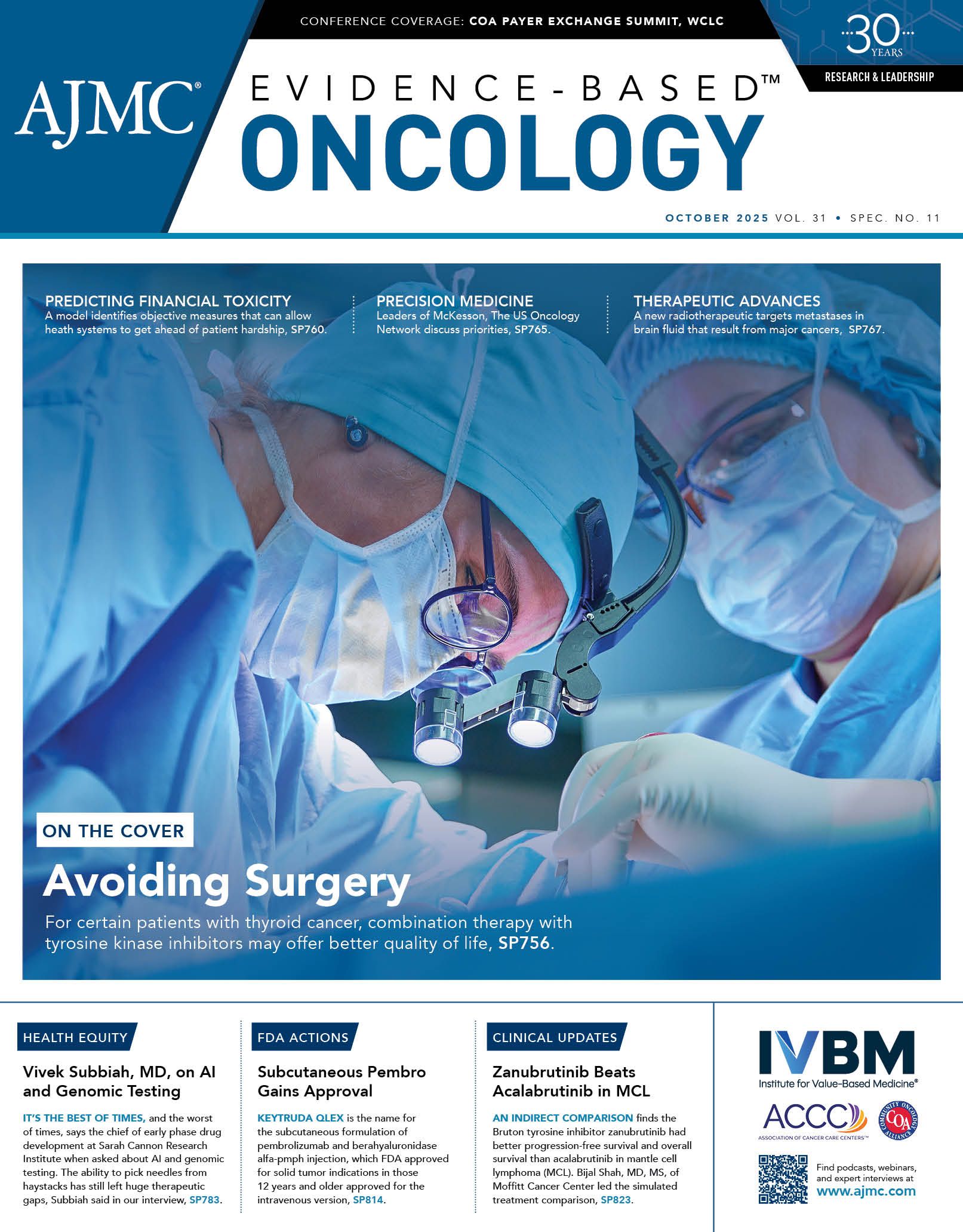- Center on Health Equity & Access
- Clinical
- Health Care Cost
- Health Care Delivery
- Insurance
- Policy
- Technology
- Value-Based Care
CMS Launches $50 Billion Rural Health Initiative Aiming to Close Gaps in Care Quality, Access
The Rural Health Transformation Program invests $50 billion to enhance health care access and quality in rural America.
CMS has officially launched the Rural Health Transformation (RHT) Program, a landmark initiative allocating $50 billion over 5 years to address health care access and quality gaps that have long impacted rural areas, according to a press release from CMS.1
The program, which was established under the Working Families Tax Cuts Act, aims to improve health care outcomes in rural communities in 5 strategic areas, which it notes are “grounded in the statutorily approved uses of funds:
- Make rural America healthy again: Support rural health innovations and new access points to promote preventative health and address root causes of diseases.
- Sustainable access: Help rural providers become long-term access points for care by improving efficiency and sustainability.
- Workforce development: Attract and retain a highly skilled health care workforce by strengthening recruitment and retention of health care providers in rural communities.
- Innovative care: Spark the growth of innovative care models to improve health outcomes, coordinate care, and promote flexible care arrangements.
- Tech innovation: Foster use of innovative technologies that promote efficient care delivery, data security, and access to digital health tools by rural facilities, providers, and patients.”
“This program is a historic investment that will catalyze needed change in rural health systems and improve lives for generations to come,” CMS Administrator Mehmet Oz, MD, said in a statement.1 “For too long, when it comes to health care access and infrastructure, we've left behind the backbone of America. That stops now with this program that will spark real change for rural health care.”
If granted funds, states must use them for at least 3 or more initiatives outlined by the Rural Health Transformation program. | Image credit: BJP7images - stock.adobe.com

Past research has highlighted the need to prioritize rural health care settings and implement interventions addressing disparities in health outcomes,2 and the RHT program signals a major commitment to addressing long-standing access and quality challenges faced by rural communities.1
The $50 billion in funding will be allocated to approved states over 5 fiscal years, with $10 billion per year in funding available starting in 2026.3 Half of the yearly funds will be distributed evenly between all states approved for funding, and the remaining 50% will be allocated based on rural population, the proportion of rural health facilities in the state, the situation of certain hospitals in the state, and additional factors that will be outlined in a Notice of Funding Opportunity (NOFO).
If granted funds, states must use them for at least 3 or more initiatives outlined by the program. These may include “promoting evidence-based, measurable interventions to improve prevention and chronic disease management,” “providing payments to health care providers for the provision of health care items or services, as specified by the Administrator,” “promoting consumer-facing, technology-driven solutions for the prevention and management of chronic diseases,” and a variety of others. The approved uses of funds also address issues such as clinical workforce shortages, the need for training and technical assistance for technology-enabled solutions, and gaps in care delivery and accessibility. Funding projects that support innovative care models, such as value-based care arrangements and alternative payment models, is also an approved use of funds in the program.
The application for RHT funding will be included in the NOFO and will be accessible on grants.gov by mid-September, with submissions closing in early November. The program is open to all 50 states, which must submit applications by the deadline of November 5, 2025. Approved states will be announced by December 31, 2025, and will receive their portion of the $10 billion annual allocation starting in federal fiscal year 2026.1 Two webinars will be held for RHT Program applicants in September.3
“Rural communities are the bedrock of America,” HHS Secretary Robert F. Kennedy Jr said in the statement.1 “They have waited too long for Washington to act. Now, at last, we are acting with the largest investment ever made to improve health care for rural Americans. This $50 billion program is about delivering dignity and dependable care to rural communities, making sure every American has access to affordable, high-quality treatment.”
References
1. CMS launches landmark $50 billion Rural Health Transformation Program. News release. CMS. September 15, 2025. Accessed September 16, 2025. https://www.cms.gov/newsroom/press-releases/cms-launches-landmark-50-billion-rural-health-transformation-program
2 Weeks WB, Chang JE, Pagán JA, et al. Rural-urban disparities in health outcomes, clinical care, health behaviors, and social determinants of health and an action-oriented, dynamic tool for visualizing them. PLOS Glob Public Health. 2023;3(10):e0002420. doi:10.1371/journal.pgph.0002420
3. Rural Health Transformation (RHT) Program. CMS. Updated September 15, 2025. Accessed September 16, 2025. https://www.cms.gov/priorities/rural-health-transformation-rht-program/rural-health-transformation-rht-program

